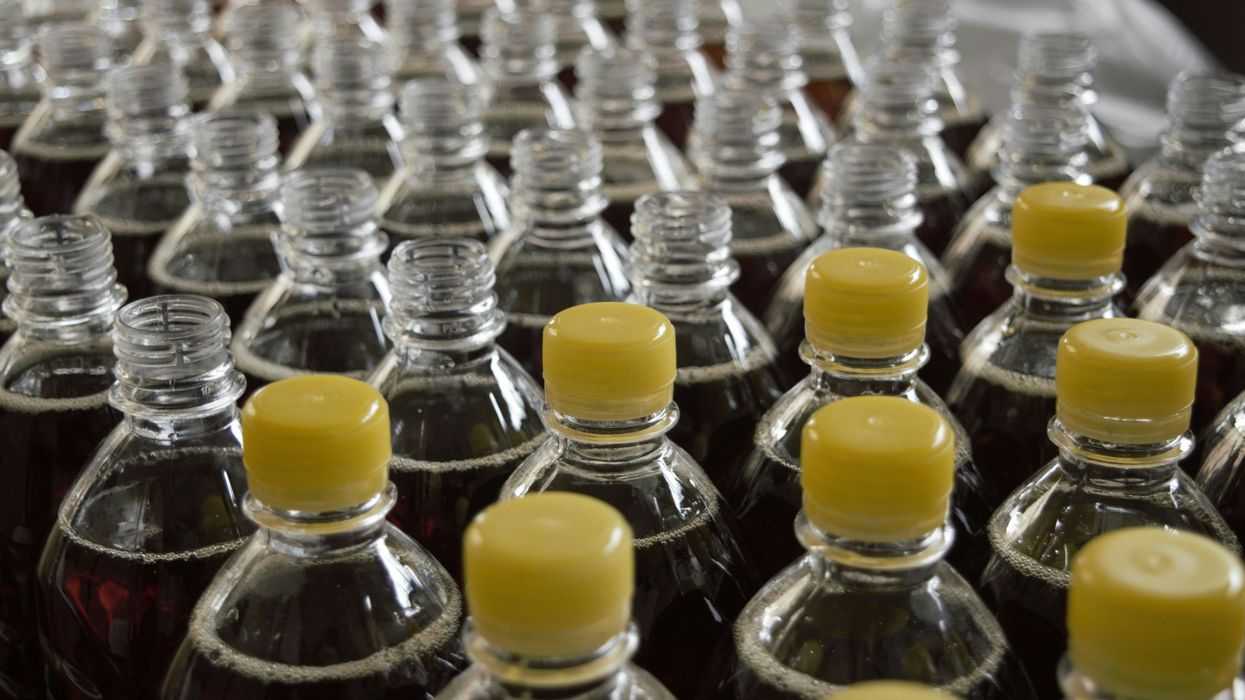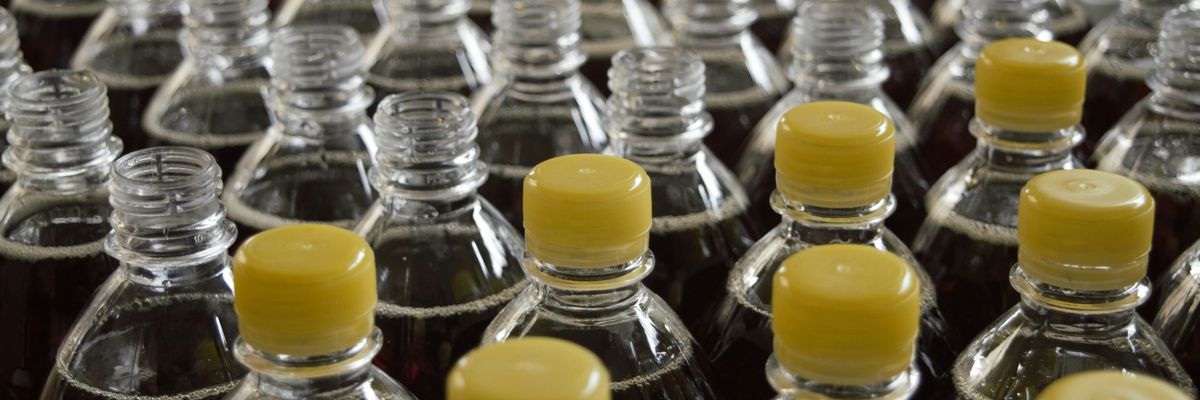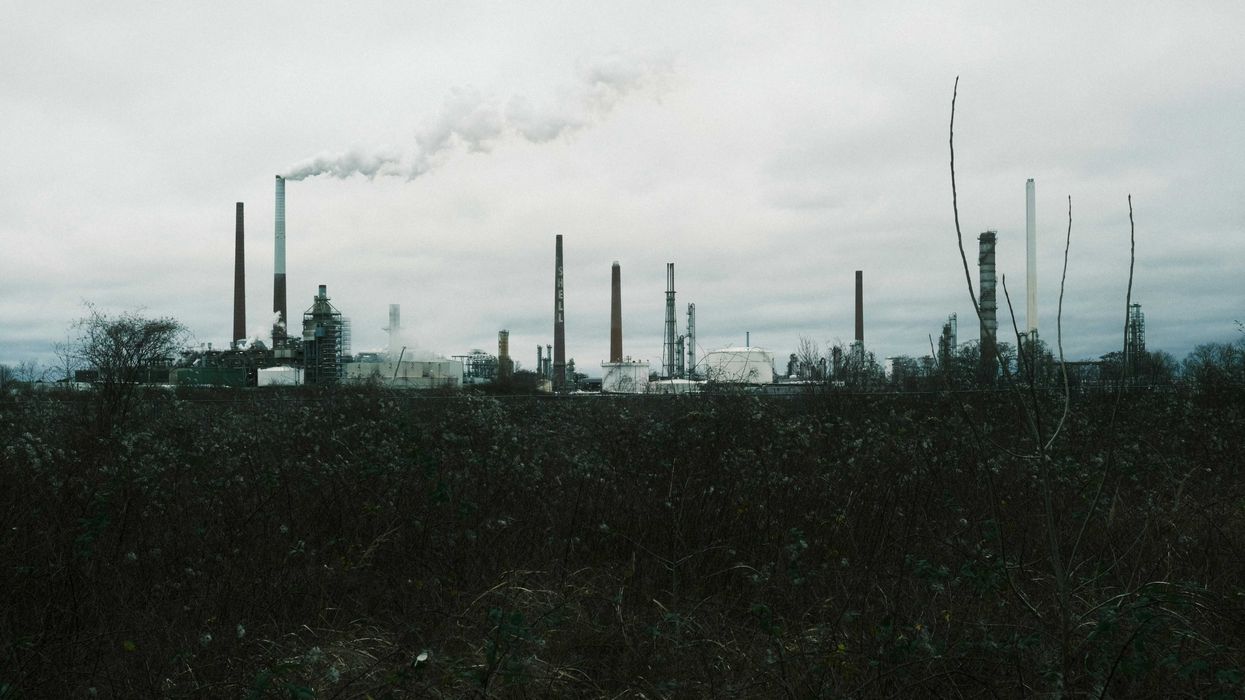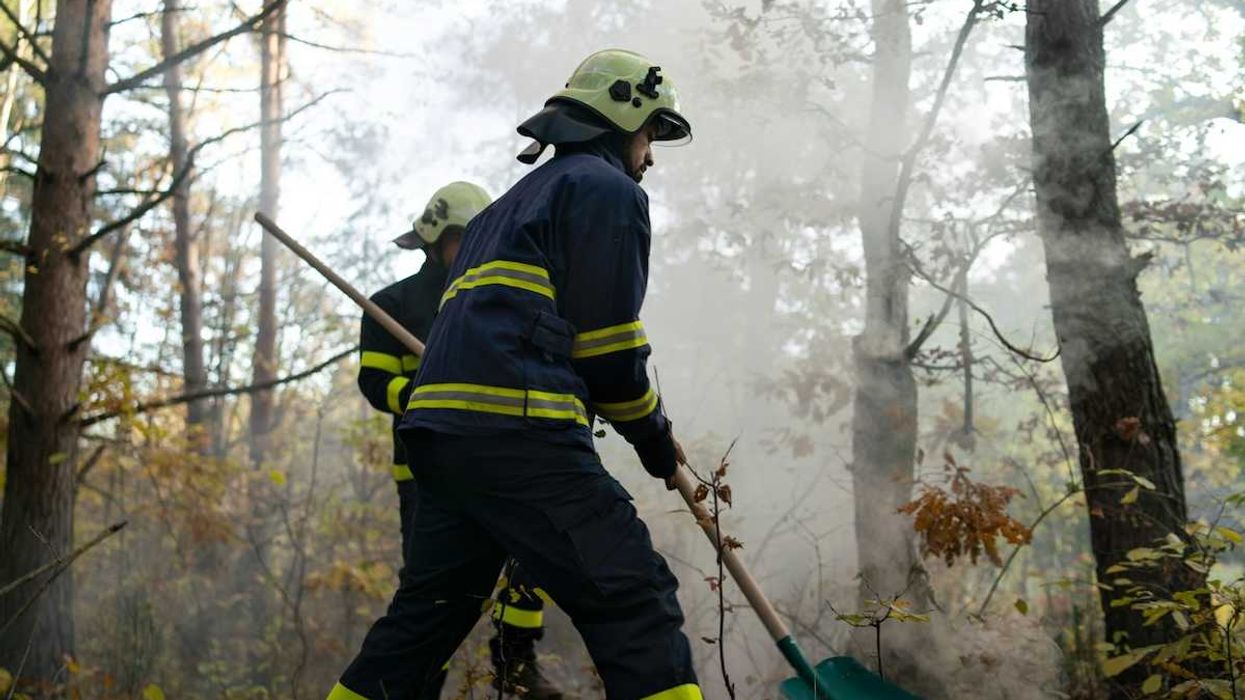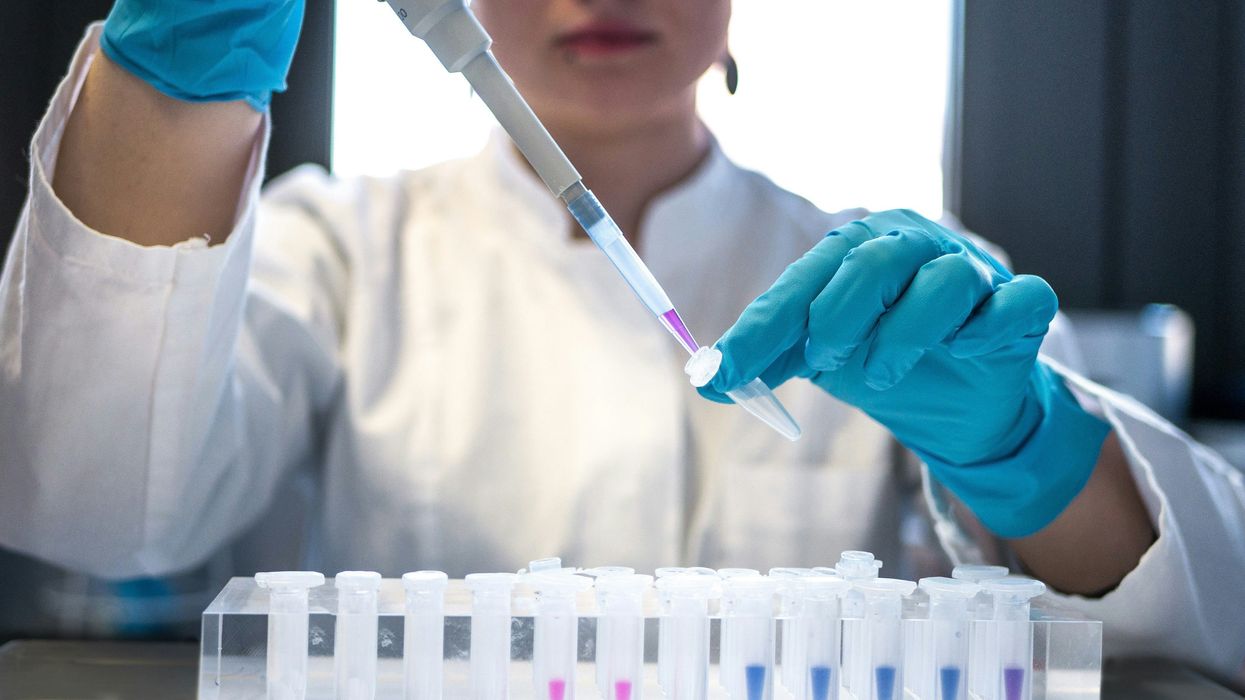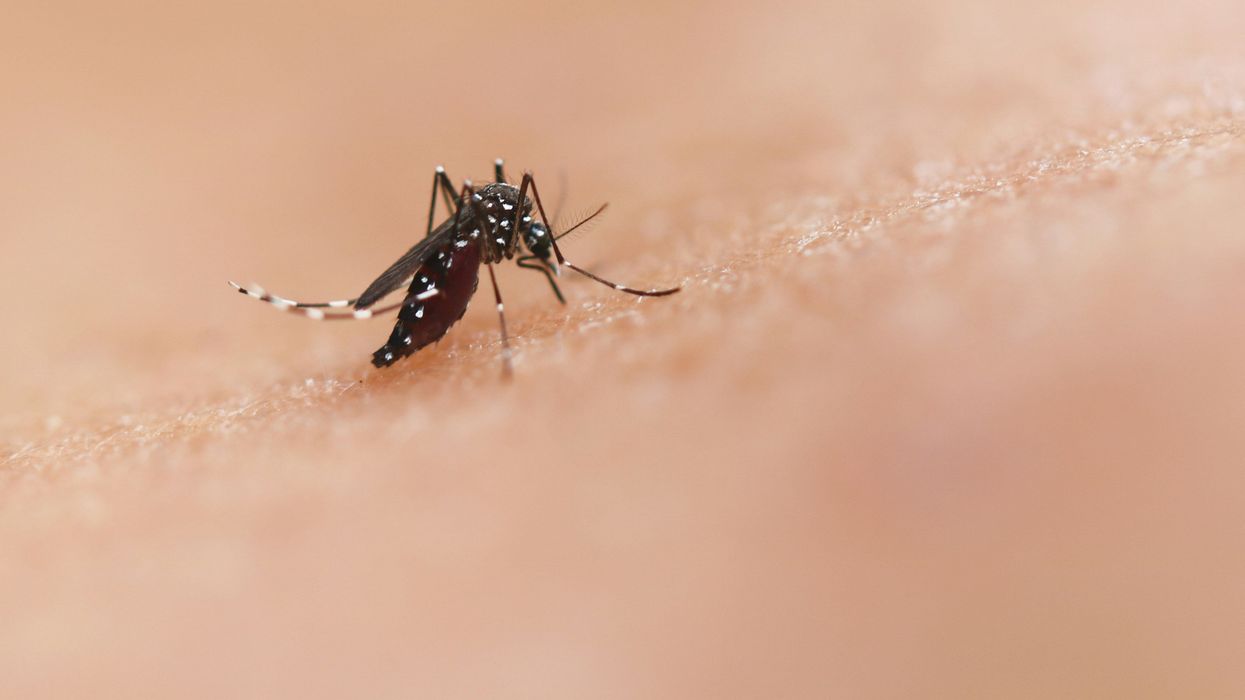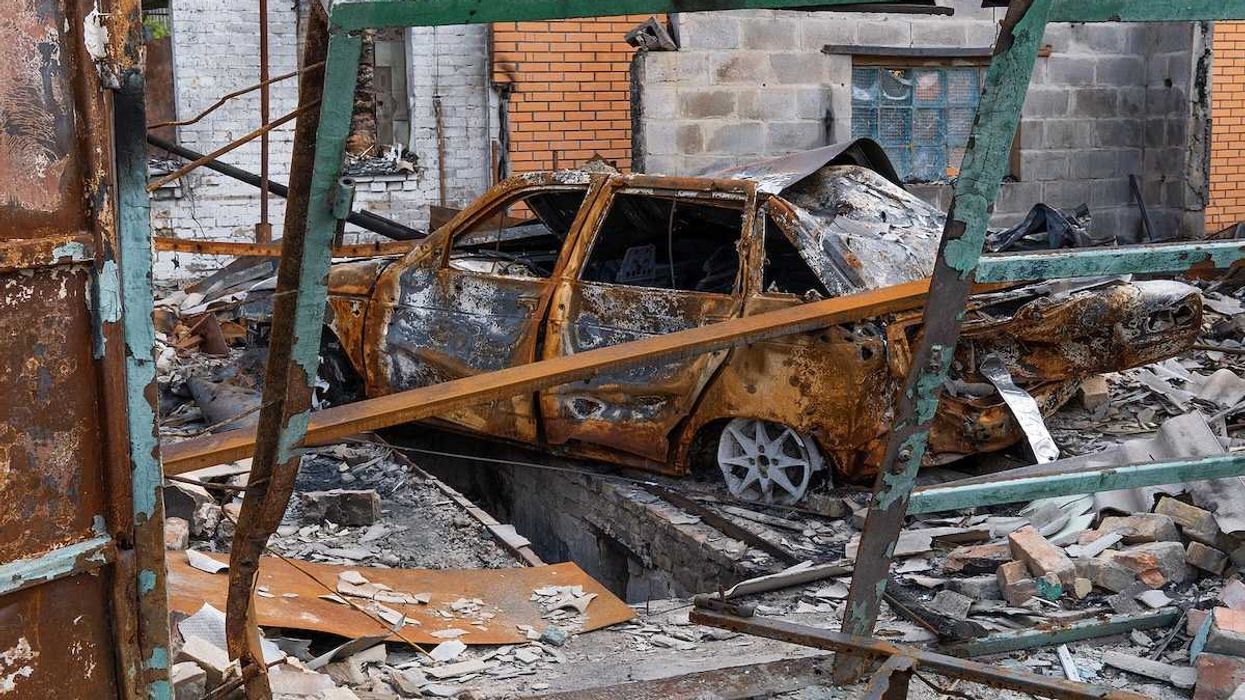A global push to cap plastic production collapsed again in Geneva, as major producers like the U.S. and Gulf states resisted limits, stalling the long-running effort to finalize a binding global treaty on plastic pollution. What's the way forward?
Mark Hillsdon reports for Reuters.
In short:
- The sixth round of United Nations-led negotiations to establish a global plastics treaty failed after 12 days, largely due to opposition from plastic-producing countries against production caps. These countries want the treaty to address waste management only.
- Civil society groups and some governments are calling for an end to the consensus rule, which lets a single country block progress. Some suggest pursuing a breakaway treaty, potentially led by Europe and California, to set de facto global standards.
- China, the world’s largest virgin plastic producer, signaled a policy shift in Geneva by supporting a lifecycle approach to plastics, distancing itself from other major producers and potentially reshaping the negotiations.
Key quote:
“We need to find something that works for China as well.”
— David Azoulay, director of environmental health at the Center for International Environmental Law
Why this matters:
Plastic production is forecast to triple by 2060, driving up pollution and deepening climate and health risks. Much of this plastic is derived from fossil fuels, creating greenhouse gas emissions at every stage of its life cycle, from extraction to disposal. Only a fraction is recycled; the rest clogs landfills, contaminates waterways, and breaks into microplastics that infiltrate human bodies and ecosystems. Communities near petrochemical plants face higher exposure to air and water pollution, often disproportionately affecting low-income and minority populations. As corporations and governments spar over policy, the window for meaningful action to curb plastic’s impacts is narrowing while the waste keeps piling up.
Related: Doubts about prospects for global plastic pollution deal following collapse of Geneva talks

